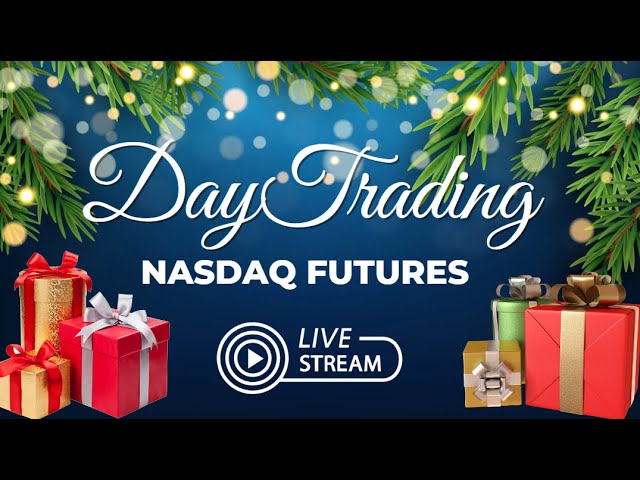ETF Overload: Beware says Michael Burry

Passive investment vehicles like exchange-traded funds (ETFs) and index funds have become incredibly popular, by some estimates controlling at least half of the U.S. stock market.
No less an authority than Warren Buffett recommends investing your 401(k) in an index fund. "I think it's the thing that makes the most sense practically all of the time," Buffett says.
Or not.
Michael Burry, one of the first investors to predict the subprime mortgage crisis (played by Christian Bale in the movie The Big Short), claims passive investing has created a similar bubble.

His reasoning is simple. According to Burry:
... passive investing has removed price discovery from the equity markets. The simple theses and the models that get people into sectors, factors, indexes, or ETFs and mutual funds mimicking those strategies -- these do not require the security-level analysis that is required for true price discovery.
This is very much like the bubble in synthetic asset-backed CDOs before the Great Financial Crisis in that price-setting in that market was not done by fundamental security-level analysis, but by massive capital flows based on Nobel-approved models of risk that proved to be untrue.
OK, maybe not so simple.
Think of it this way: Index funds mirror the performance of anything that can be tracked. The Dow Jones Industrial index. The S&P 500. The Russell 2000.
For example, SPDR S&P 500 ETF (SPY) is a collection of all the stocks in the S&P 500. That means purchasing every stock on the index, regardless of its underlying fundamental value or prospects for future returns. The more money that flows into that ETF, the more people own (at least a piece) of those stocks.
That means some stocks automatically get overvalued: The flow of investment capital into index funds inflows distort prices for stocks and bonds -- according to Burry, just like CDO purchases did for subprime mortgages.
And when the flow reverses? "It will be ugly," Burry says. "Like most bubbles, the longer it goes on, the worse the crash will be."
To make things worse, many of the stocks included in various index funds are relatively lightly traded. Many of the stocks in the Russell 2000 trade at less than $5 million in value per day."
That sounds like a lot," Burry says, but trillions of dollars in assets globally are indexed to these stocks," Burry says. "The theater keeps getting more crowded, but the exit door is the same as it always was."
All this as ETF hit records...beware....
ETF assets increase to record $4 trillion: RPT https://finance.yahoo.com/video/etf-assets-increase-record-4-204219419.html?soc_src=strm&soc_trk=tw
via @YahooFinance
Thanks for reading and keep it profitable,
ProTrader Mike
























